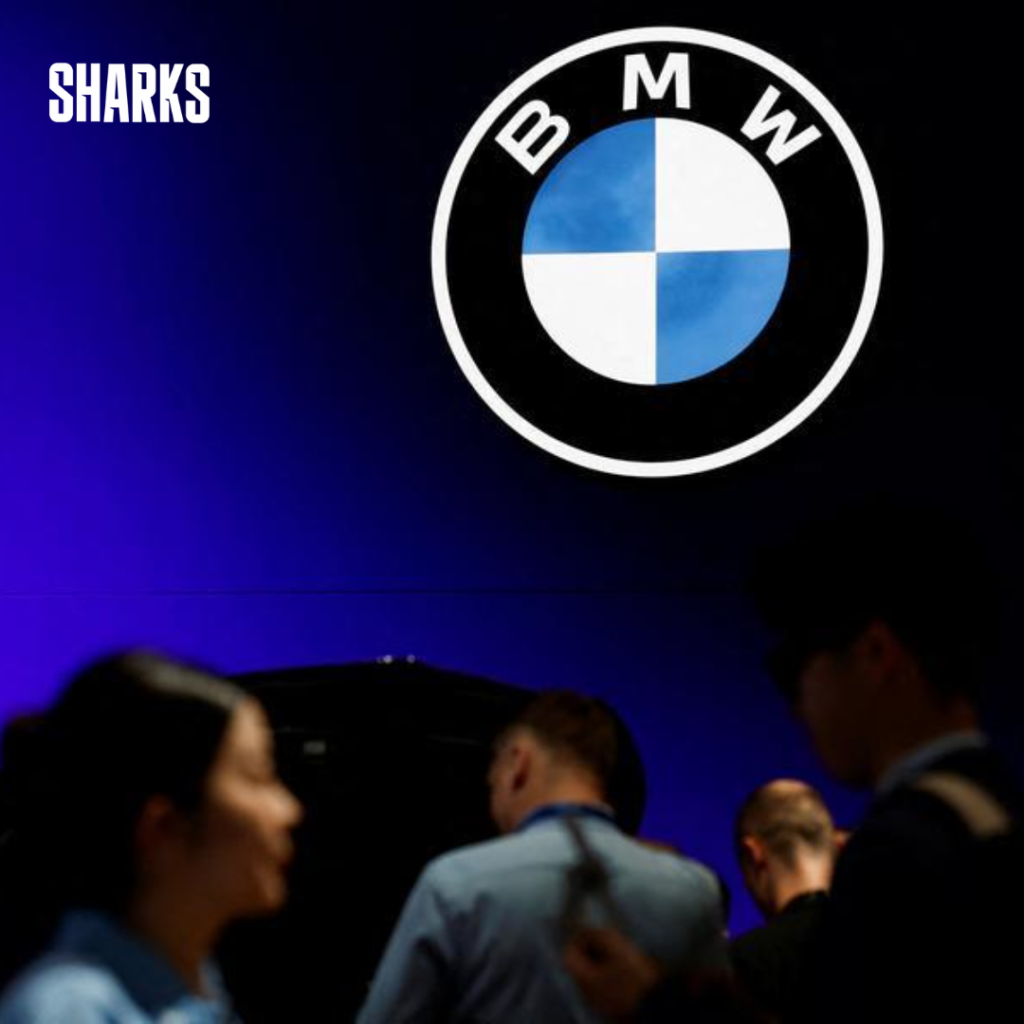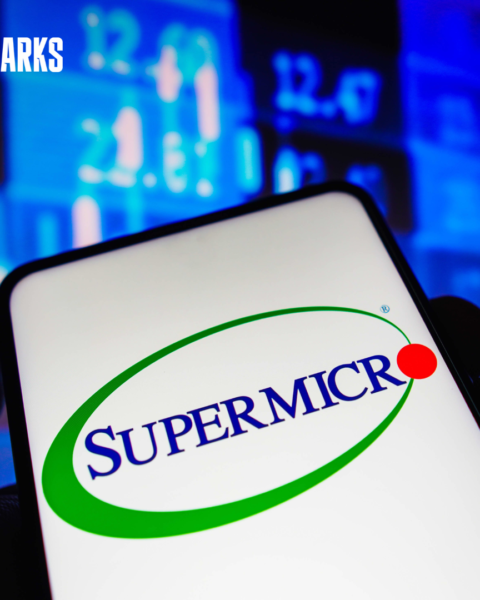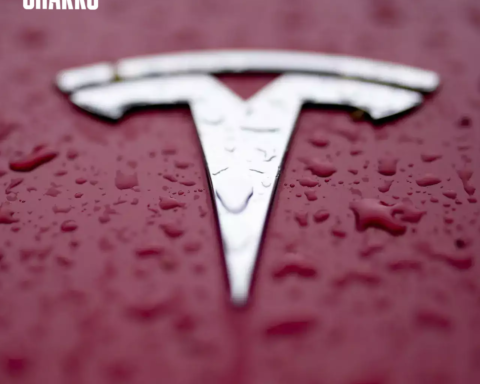BMW Forecasts Slight Dip in Pre-Tax Profit Amid Rising Costs

BMW anticipates a slight decrease in pre-tax profit for the current fiscal year.
Increased research and development, manufacturing, and personnel expenses contribute to the projected profit decline. Depreciation in used car prices further impacts profitability negatively.
Financial Health Check:
The first-quarter profit margin in BMW’s automotive segment dropped significantly to 8.8% from 12.1%.
Despite a modest 1.1% uptick in car sales, overall revenue sees a marginal decline. During the pandemic, supply chain disruptions allowed automakers to command higher vehicle prices and capitalize on increased demand for used cars.
BMW Strategic Investment:
BMW underscores its substantial investment in electric vehicles (EVs) and comprehensive model overhauls.
Projections indicate record spending this fiscal year, surpassing last year’s expenditure of 7.5 billion euros.
CFO Walter Mertl stresses the importance of adhering to strategic objectives amidst heightened investment commitments.
Responding to Industry Dynamics:
In response to escalating competition, BMW’s rivals, such as Mercedes Benz and Porsche, are ramping up spending, particularly in the EV domain.
Despite declining first-quarter group pre-tax profit, BMW’s performance exceeds analyst forecasts. The sales of fully electric BMW vehicles surge by 28%, reaching 83,000 units in the quarter.
Share This
Tony Boyce is a seasoned journalist and editor at Sharks Magazine, where his expertise in business and startups journalism shines through his compelling storytelling and in-depth analysis. With 12 years of experience navigating the intricate world of entrepreneurship and business news, Tony has become a trusted voice for readers seeking insights into the latest trends, strategies, and success stories.




















